How do we experience the world? Are we disturbed by the ups and downs of life? How can we educate ourselves so our happiness is stable in a changing world?
“Monks, the eight worldly conditions revolve around the world, and the world revolves around the eight worldly conditions. What eight? Gain and loss, fame and disgrace, praise and blame, pleasure and pain. These eight worldly conditions revolve around the world, and the world revolves around these eight worldly conditions.
An uneducated ordinary person encounters gain and loss, fame and disgrace, praise and blame, and pleasure and pain. And so does an educated noble disciple. What, then, is the difference between an ordinary uneducated person and an educated noble disciple?” “Our teachings are rooted in the Buddha. He is our guide and our refuge. Sir, may the Buddha himself please clarify the meaning of this. The monks will listen and remember it.”
“Well then, monks, listen and pay close attention, I will speak.” “Yes, sir,” they replied. The Buddha said this: “Monks, an uneducated ordinary person encounters gain. They don’t reflect: ‘I’ve encountered this gain. It’s impermanent, suffering, and perishable.’ They don’t truly understand it. They encounter loss … fame … disgrace … praise … blame … pleasure … pain. They don’t reflect: ‘I’ve encountered this pain. It’s impermanent, suffering, and perishable.’ They don’t truly understand it.
So gain and loss, fame and disgrace, praise and blame, and pleasure and pain occupy their mind. They favor gain and oppose loss. They favor fame and oppose disgrace. They favor praise and oppose blame. They favor pleasure and oppose pain. Being so full of favoring and opposing, they’re not freed from rebirth, old age, and death, from sorrow, lamentation, pain, sadness, and distress. They’re not freed from suffering, I say.
An educated noble disciple encounters gain. They reflect: ‘I’ve encountered this gain. It’s impermanent, suffering, and perishable.’ They truly understand it. They encounter loss … fame … disgrace … praise … blame … pleasure … pain. They reflect: ‘I’ve encountered this pain. It’s impermanent, suffering, and perishable.’ They truly understand it.
So gain and loss, fame and disgrace, praise and blame, and pleasure and pain don’t occupy their mind. They don’t favor gain or oppose loss. They don’t favor fame or oppose disgrace. They don’t favor praise or oppose blame. They don’t favor pleasure or oppose pain. Having given up favoring and opposing, they’re freed from rebirth, old age, and death, from sorrow, lamentation, pain, sadness, and distress. They’re freed from suffering, I say. This is the difference between an educated noble disciple and an uneducated ordinary person.
Gain and loss, fame and disgrace, praise and blame, and pleasure and pain. These qualities among people are impermanent, transient, and perishable.
A clever and mindful person knows these things, seeing that they’re perishable. Desirable things don’t disturb their mind, nor are they repelled by the undesirable.
Both favoring and opposing are cleared and ended, they are no more. Knowing the stainless, sorrowless state, they understand rightly, transcending rebirth.”
Let’s always remember that things are changing all the time, both for good and bad. When we don’t get caught up in this, our minds can be peaceful right now.
We can find this sutta in the eighth chapter of the Anguttara Nikaya (The Numerical Discourses). Learn more about the Sutta Pitaka of the Theravada Buddhist Tradition.


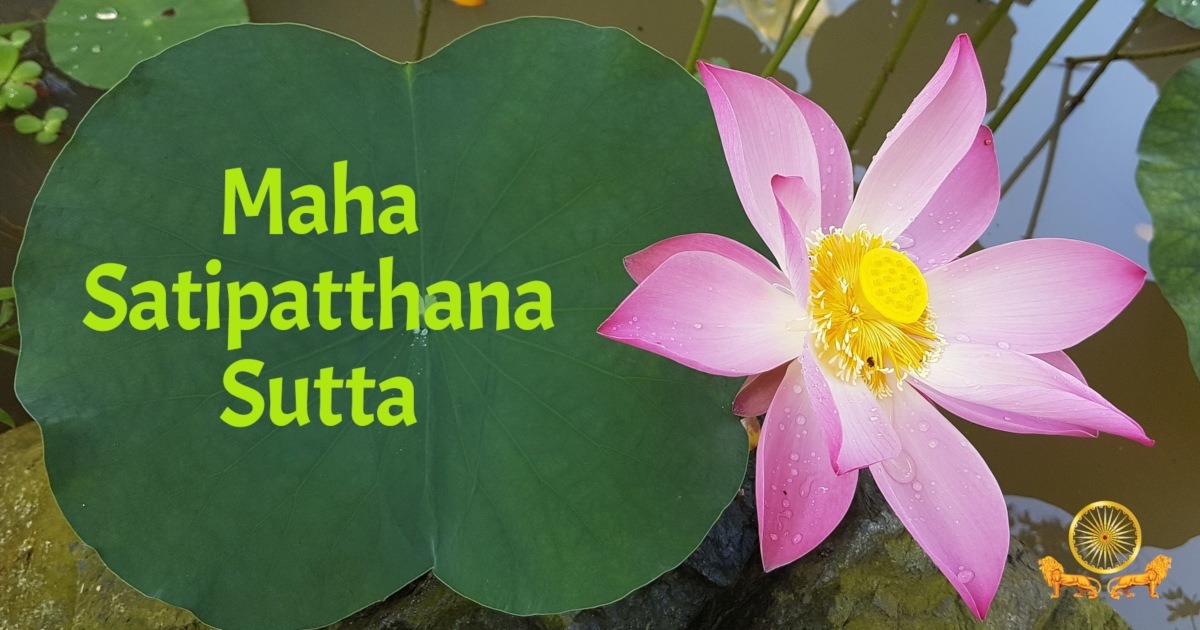



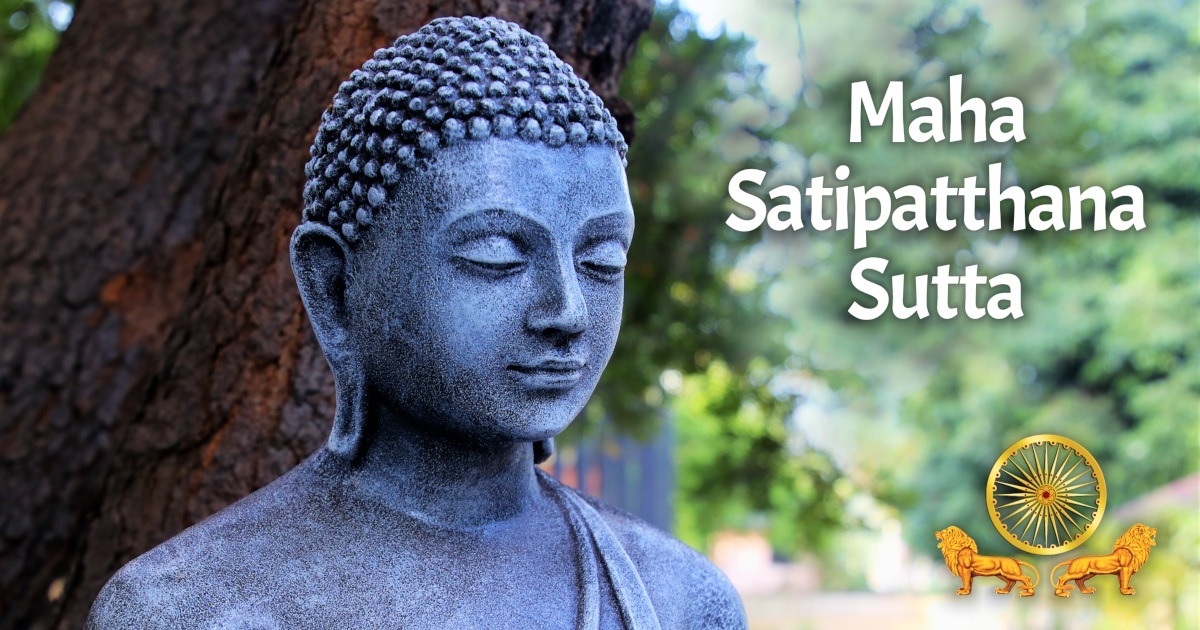
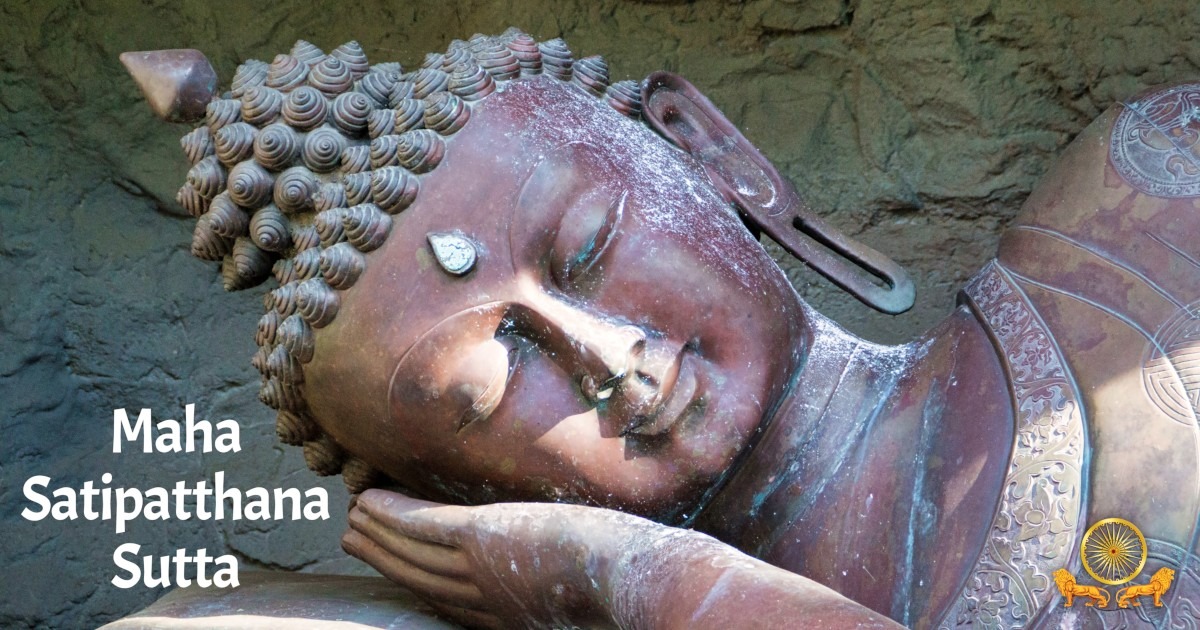

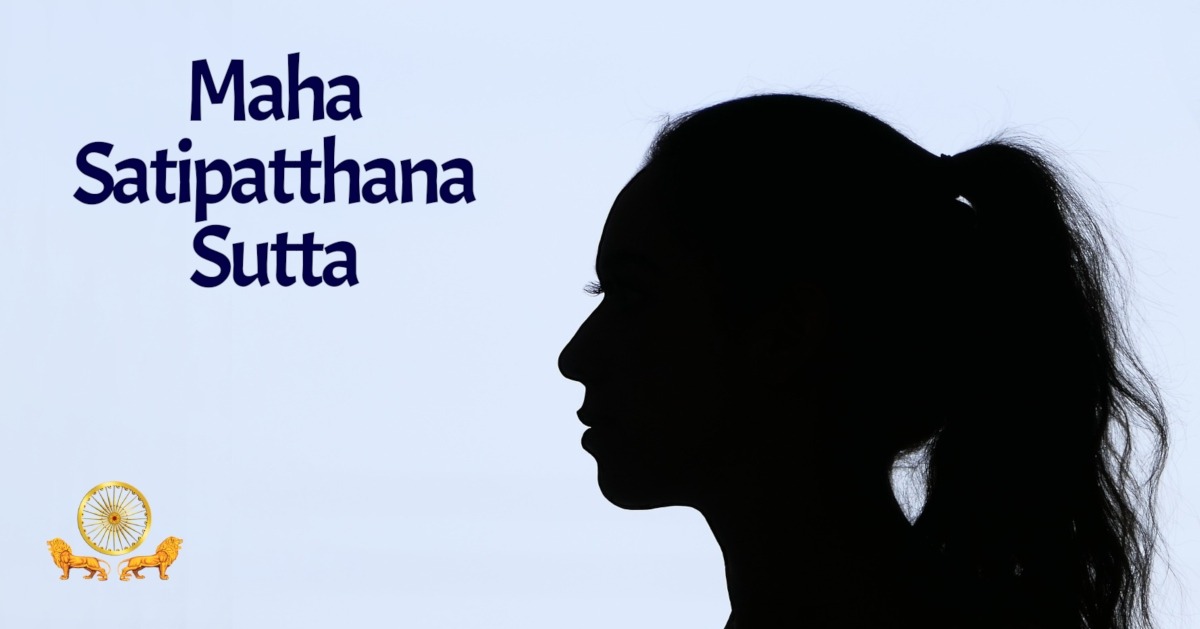



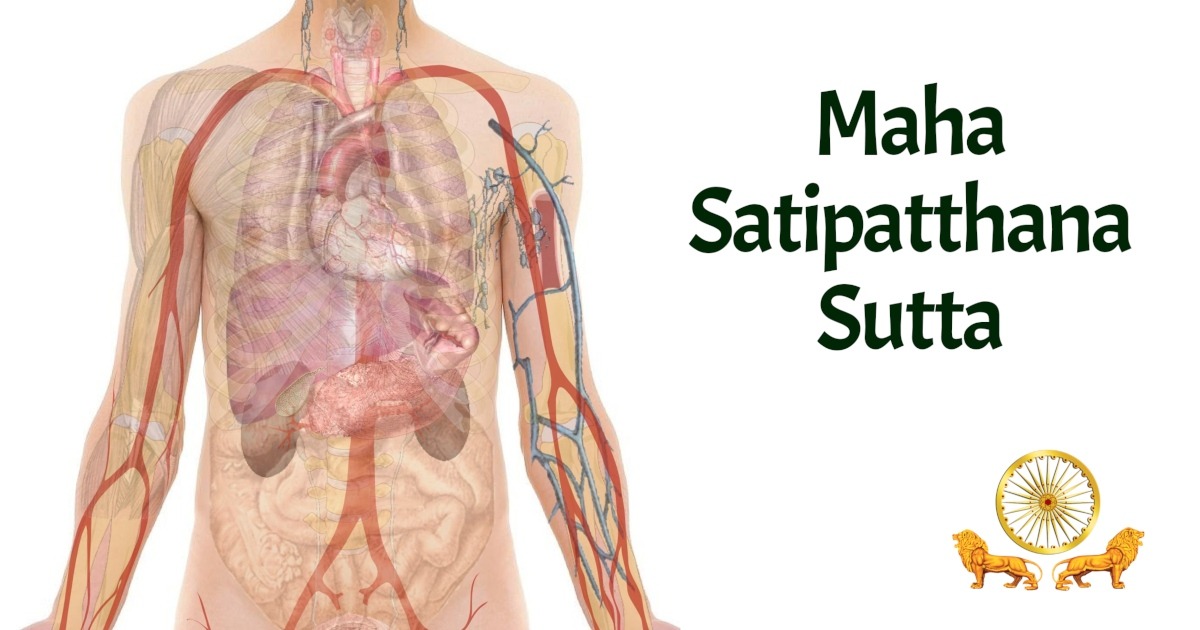




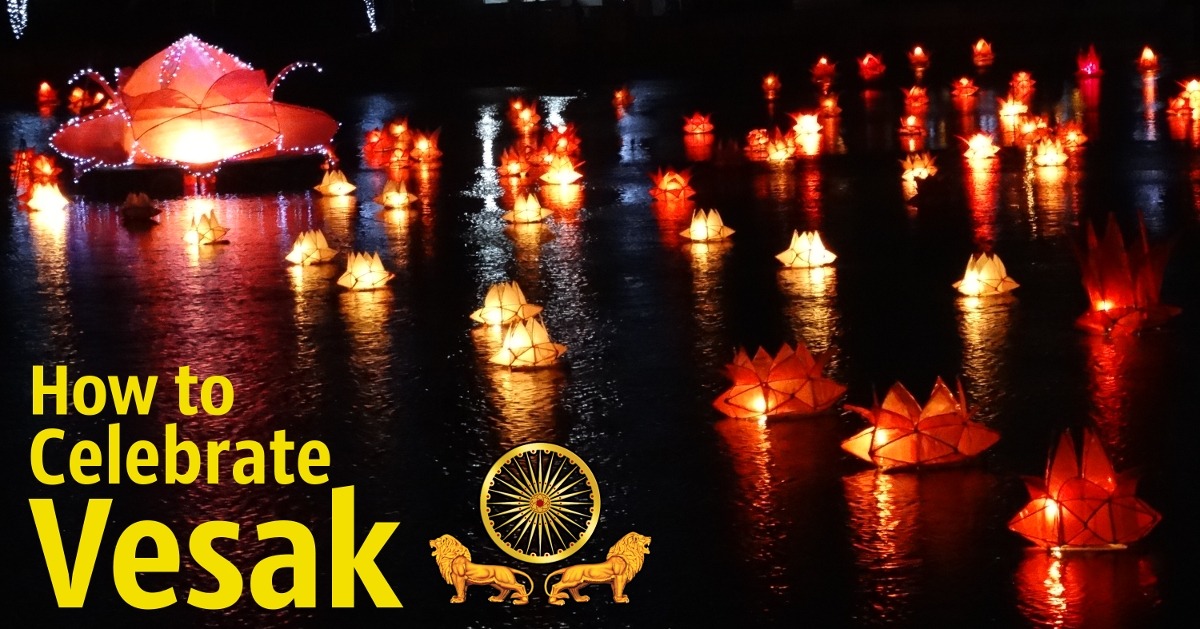




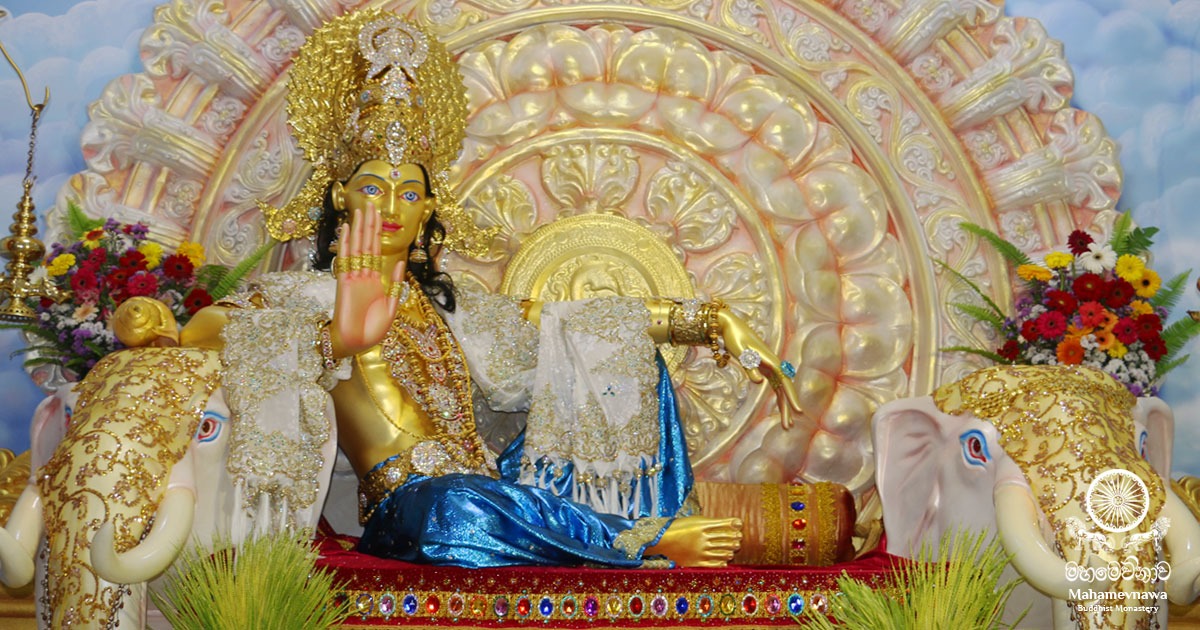

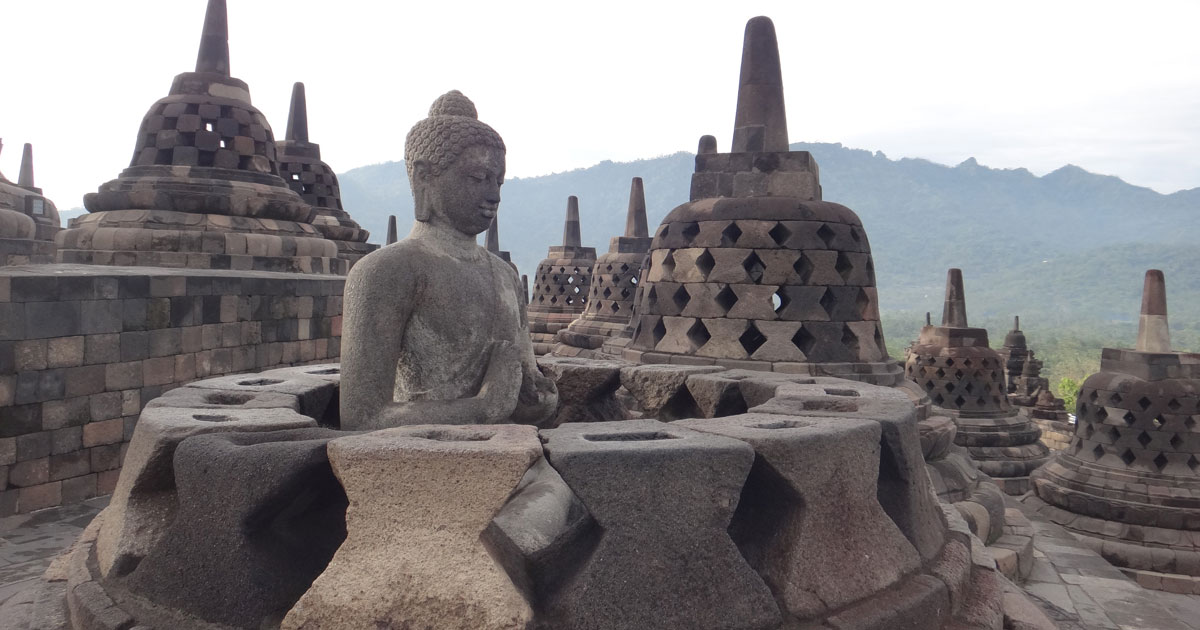
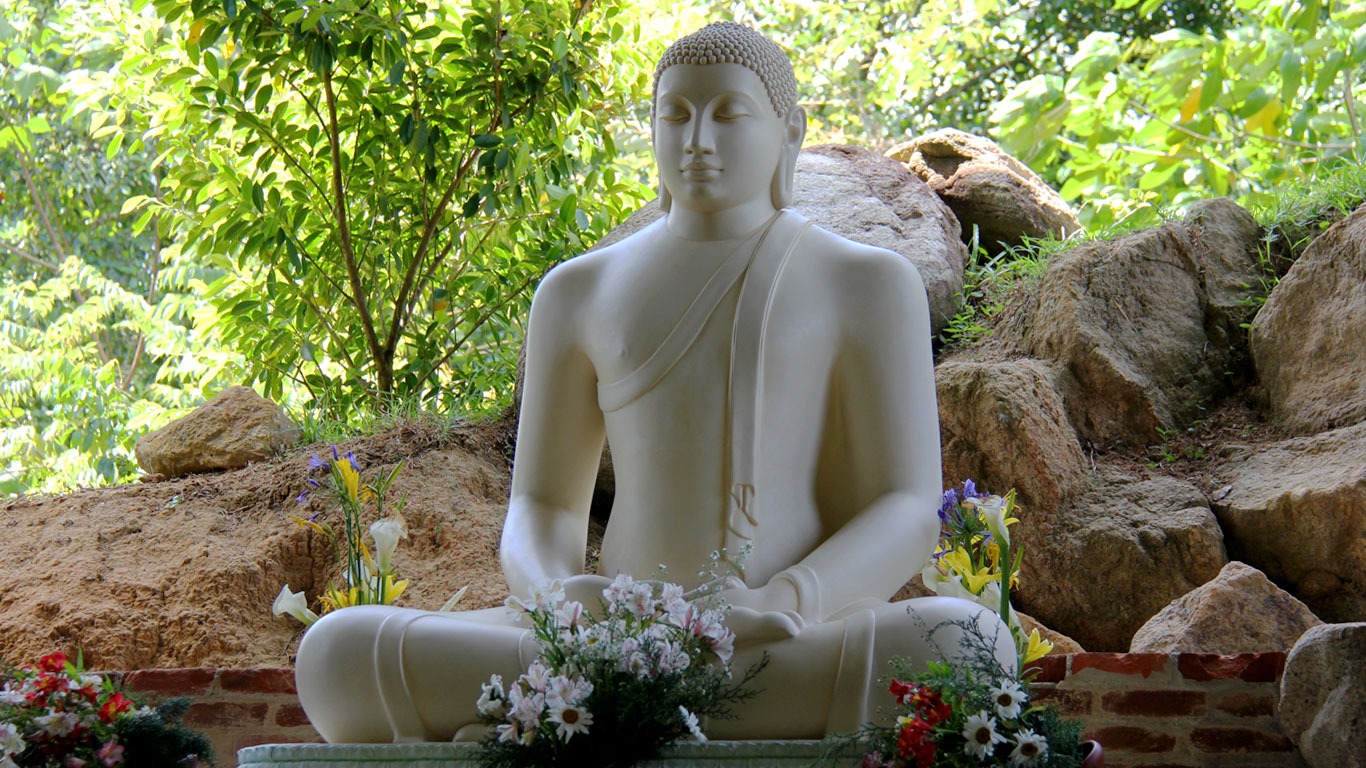

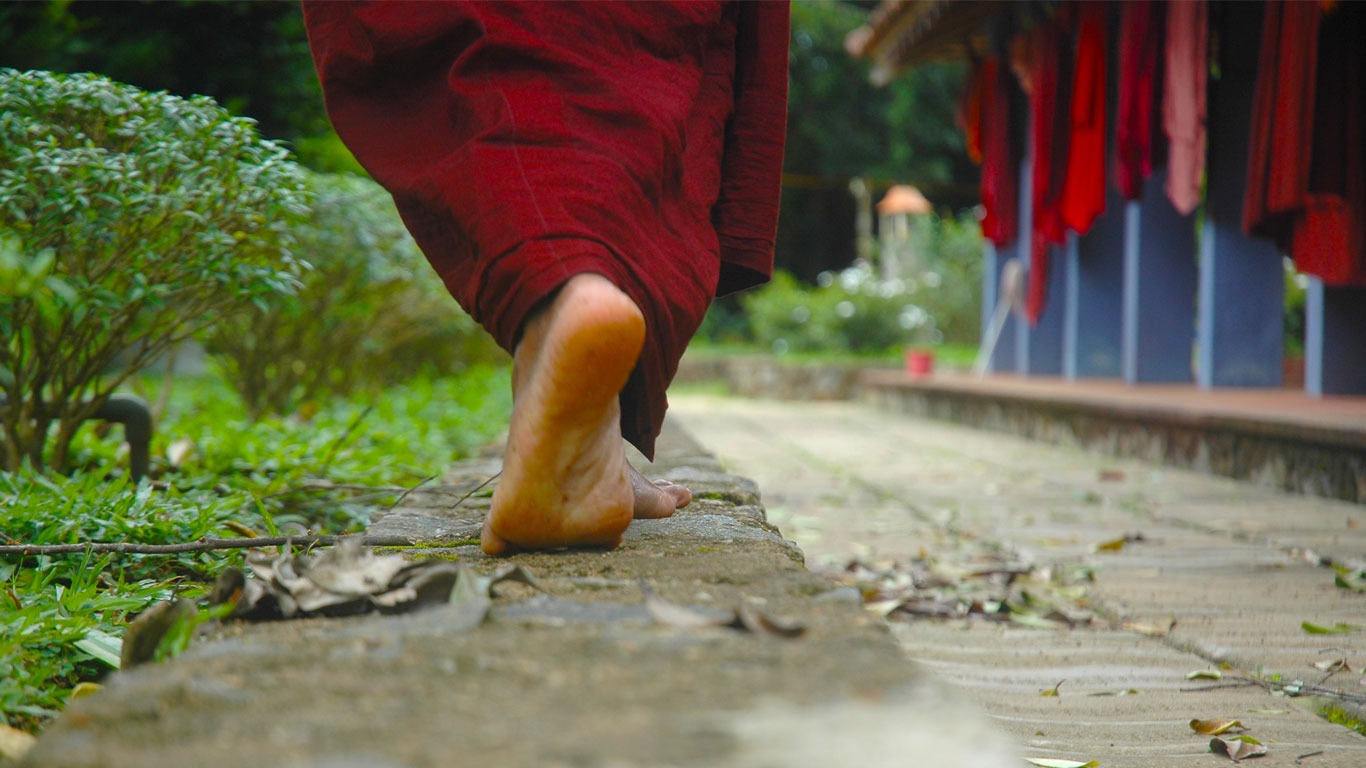

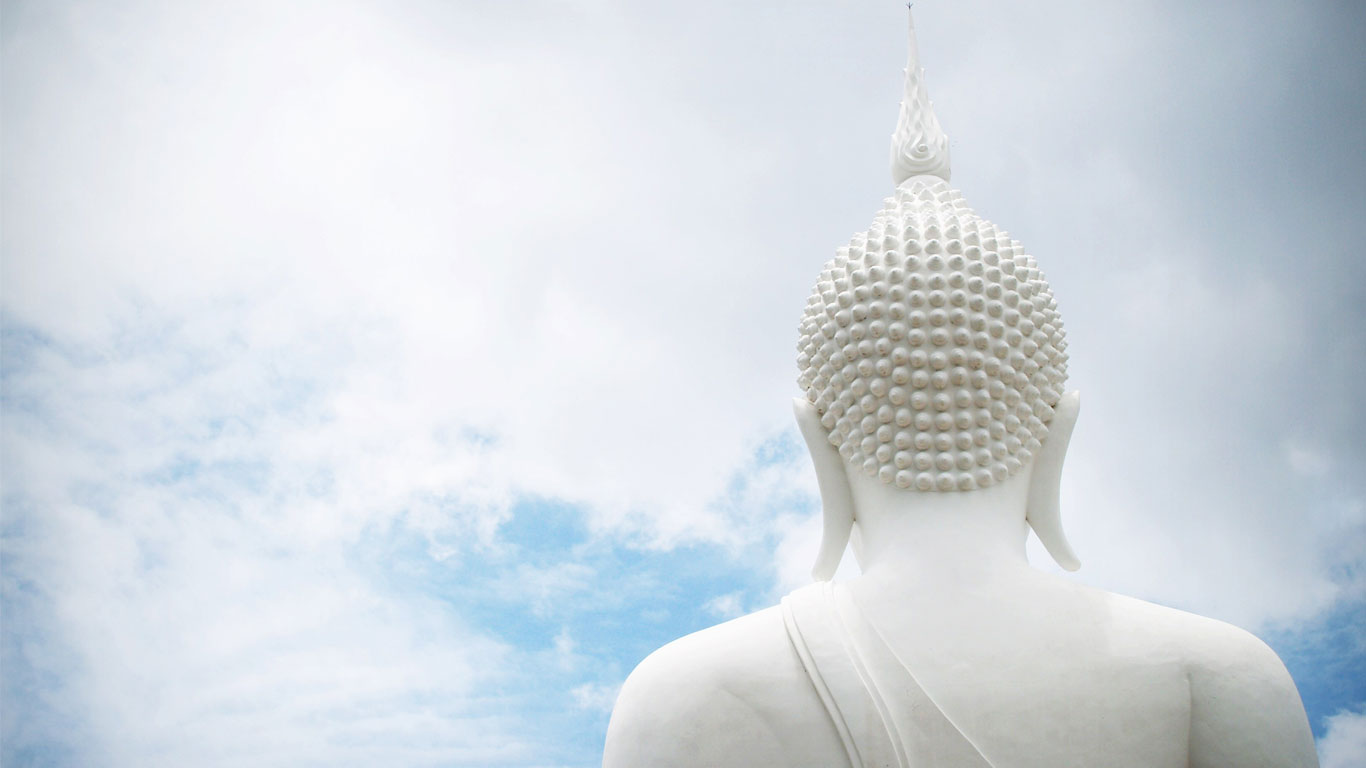
Leave A Comment